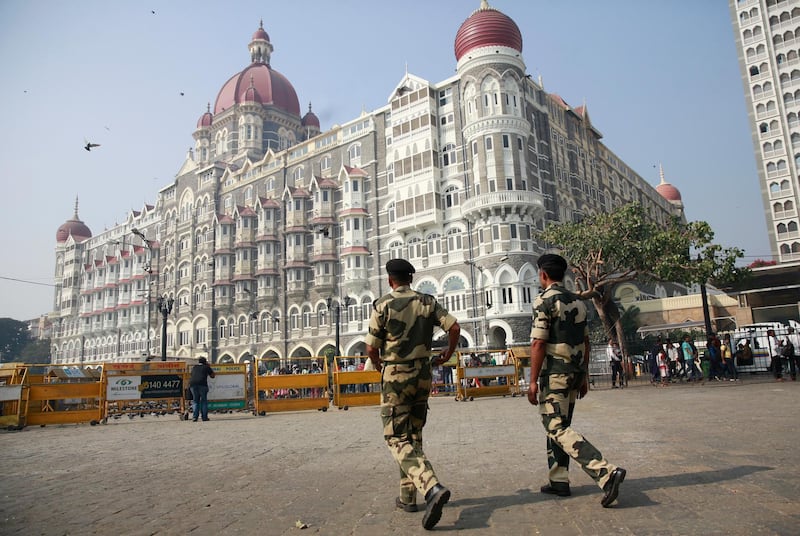Sweden’s leading terrorism expert has confirmed the death of one of the country’s central figures in radicalisation circles and a key “recruiter” with links to the perpetrators of terrorist plots around the world.
Over 15 years, Swedish intelligence had gathered evidence implicating associates of the Stockholm resident in attacks on civilians.
Magnus Ranstorp, a counterterrorism expert at the Swedish Defence University, said the man, known as Abu Omar because he had never been convicted, had died of Covid-19.
“Abu Omar was part of the infamous ‘Brandbergen mosque’ network and close friend of Swedish terrorist Mohammed Moumou, one of Abu Musab Al Zarqawi’s operational commander in Mosul,” Mr Ranstorp wrote on Twitter.
A shoe salesman, Abu Omar stayed in Sweden when his colleague Moumou went to Iraq in 2006, said a 270-page report on extremist activity in the country published by the defence academy.
Al Zarqawi was the founder and leader of the first ISIS groupings.
“Moumou was placed on the UN terror list in December 2006. He was listed as having the same address as his close friend ‘Abu Omar’,” the document said.
“Moumou never returned to Sweden and was prioritised as a target by the US military, which located and killed him in Mosul, Iraq, on 5 October 2008.”
David Headley Coleman, the mastermind of the Mumbai siege in 2008, travelled to Europe after the attacks in India.
He travelled to Stockholm in the summer of 2009 to meet Abu Omar as he planned plan to attack targets in Copenhagen, the capital of neighbouring Denmark.
The following year, the Swedish Security Services uncovered another plot in Denmark and again sought evidence against Abu Omar.
Four Swedes had acquired weapons and equipment before a trip to Denmark to storm a newspaper office.
“According to wiretaps, it emerged that Abu Omar had sponsored the terrorist cell with 190,000 kronor (Dh72,000),” the defence academy report said.
“When the terrorist cell was arrested in Copenhagen they had in their possession an equivalent amount in US dollars.”
As recently as 2016, reports linked Abu Omar with Mohammed Belkaid, a member of the network that carried out a series of attacks in Paris and Brussels in 2015 and 2016.
Belkaid, who was killed in a police raid in the Belgian capital, had lived for several years in Sweden, where he was married to a local woman.
“One of the IS-terrorists who commanded the terrorist operations in Paris in November 2015, as well as in Brussels in March 2016, had worked as an intern in Abu Omar’s leather and furniture store in Gamla Stan in Stockholm,” it said.
The report also said that “several” terrorists who had travelled in Iraq and Syria in 2013 and 2014 had shared an address with Abu Omar before leaving the country.







